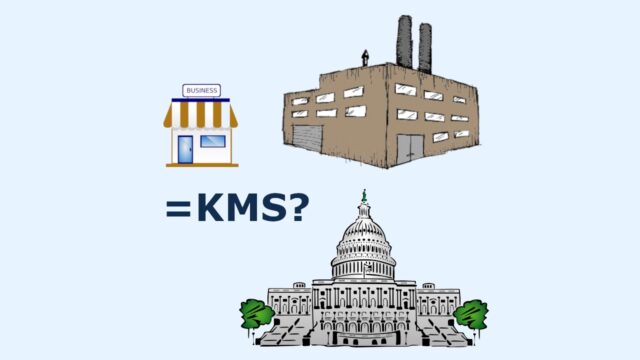
Integrating lean management principles within knowledge management processes in small enterprises
This article is part of a series looking at knowledge management (KM) in small and medium enterprises (SMEs).
Lean management emphasizes waste reduction, value maximization, and continuous improvement. It has typically been applied in manufacturing environments, but is increasingly being adapted for use with various organizational processes, including knowledge management (KM).
A newly published paper1 in The Journal of Contemporary Issues in Business and Government advises that integrating lean management into KM can be particularly transformative for small businesses, which often operate under resource constraints. Through a literature review and analysis of case studies, author Ali Saeed Alomari from the Department of Knowledge Management at King Abdulaziz University identifies strategies for integration and associated recommendations for implementation.
Strategies for integration
- Waste Reduction in knowledge processes: Identifying inefficiencies in the flow of information, such as redundant data entry, outdated communication methods, or bottlenecks in information sharing, is essential. Techniques like value stream mapping can be adapted to visualize and streamline these processes.
- Standardizing knowledge work: Implementing standardized procedures for knowledge work helps in minimizing variability and improving quality. This could include standardized templates for documentation, regular knowledge audits, and establishing clear guidelines for knowledge creation and sharing.
- Enabling pull-based knowledge delivery: Transitioning from a push-based to a pull-based knowledge delivery system ensures that information is available on demand, rather than being pushed to employees without considering their immediate needs. This can be facilitated by technology solutions that allow employees to access information when they need it, reducing time spent searching for data.
- Continuous improvement of knowledge assets: Regularly reviewing and updating knowledge assets ensures they remain relevant and valuable. This includes updating databases, refining knowledge-sharing platforms, and continually training employees on the latest knowledge practices.
Recommendations for implementation
- Gradual implementation: Small enterprises should consider a phased approach to implementing lean KM. Starting with small, manageable projects can help demonstrate early successes and build momentum for wider organizational change.
- Cultural alignment: It is crucial for management to foster a culture that supports lean principles and knowledge sharing. This involves training, consistent communication, and possibly incentivizing employees to embrace and champion the new practices.
- Leverage technology: Small enterprises should explore cost-effective technological solutions that support lean KM practices. Tools like cloud-based document management systems, project management software, and real-time communication platforms can facilitate the efficient flow of information and collaboration.
- Continuous training and support: Ongoing training and support are vital for ensuring that employees understand and can effectively implement lean KM practices. Regular workshops, seminars, and feedback sessions can help maintain focus and adapt practices as needed.
- Measure and adapt: Organizations should establish clear metrics to assess the impact of lean KM initiatives. This not only involves tracking improvements in efficiency and reductions in waste but also monitoring changes in employee satisfaction and customer feedback. Regular reviews of these metrics will help refine strategies and make necessary adjustments.
Article source: Alomari, A. S. (2024), CC BY 4.0.
Reference:
- Alomari, A. S. (2024). Lean Management Meets Knowledge Management: A Critical Review of Implementation Strategies for Small Enterprises. The Journal of Contemporary Issues in Business and Government, 30(2), 113-120. ↩



